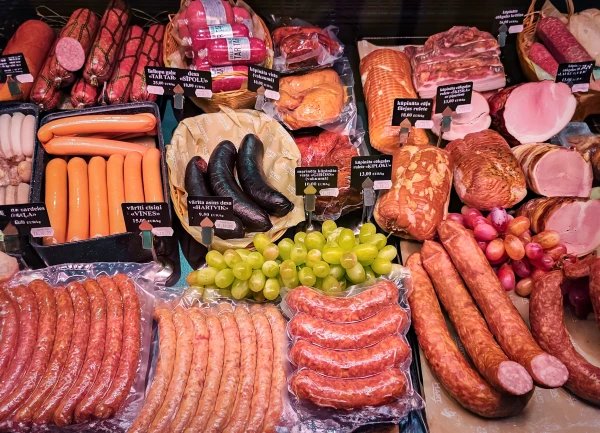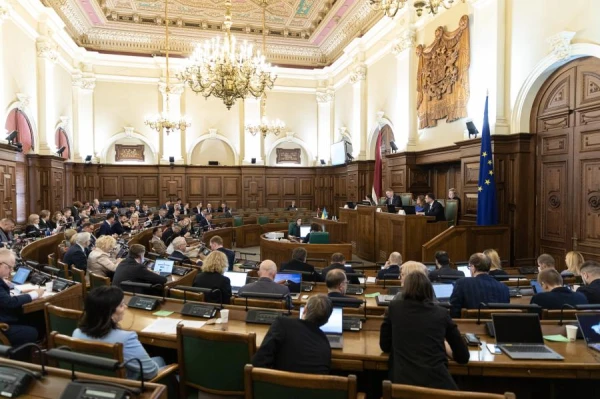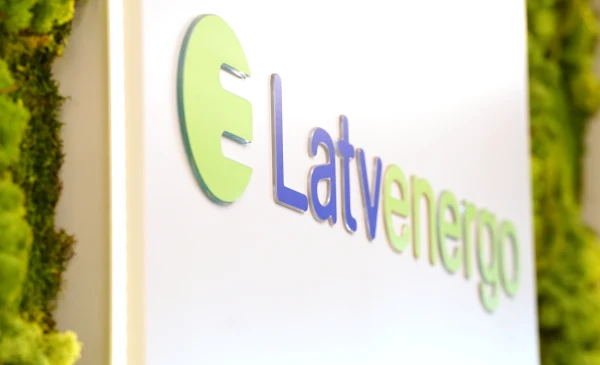
EU authorities propose to introduce a tax on unhealthy food. In Latvia, this idea will be embraced wholeheartedly. Our government loves to guide the population towards the right path through bans, fines, and taxes.
The Risky Pay
According to European media, EU Health Commissioner Oliver Varhelyi is considering the introduction of a taxation system for products high in sugar, fats, and salt. Essentially, this concerns products that contain many added ingredients, such as preservatives, colorants, flavorings, and emulsifiers. These are not used in home cooking and often have low nutritional value. Examples include chips, processed meats, various fast foods, sweets, soups, and yogurts with fillers, among other similar items. It is believed that the consumption of such products is associated with an increased risk of obesity, diabetes, and cardiovascular diseases.
According to the commissioner, the introduction of such a tax is being considered by the European Commission as part of its new plan to combat cardiovascular diseases.
Brussels officials have decided to equate sausages with cigarettes, following the European Commission's approach to combating smoking. The idea is that consumers of health-risk products should contribute financially to the state budget, as they are more likely to use healthcare services. According to preliminary information, the tax on individual food products may vary and will depend on the degree of processing of the particular food.
The European Commission emphasizes that this is not about limiting the availability of goods that people want to buy. It is about influencing choice. That is, when a harmful product becomes more expensive than a healthy one, people will gravitate towards health, and they will no longer put harmful sausages in their mouths.
Another important component of the idea is that the revenue from this tax should be directed to healthcare funding, rather than elsewhere in the state budget. This is proposed to be enshrined in law, rather than as a matter of goodwill or wish.
Does the Tax Work?
The European Commission previously even commissioned a study on the possibility of introducing pan-European excise taxes on products high in fats, salt, and sugar, which are referred to in Europe by the acronym HFSS (high-fat, salt, and sugar).
A study published in May showed that taxing harmful products, such as sugary drinks, helps reduce the prevalence of non-communicable diseases.
According to the study, after the introduction of such tax schemes, manufacturers reduced the sugar content in soft drinks, and price increases reduced consumption and stimulated a shift towards healthier alternatives.
Dreams Come True
Latvian lawmakers have always been characterized by an unquenchable desire to guide the unreasonable populace towards a proper lifestyle. Raising the standard of living for the population, which genuinely makes it healthier, is too labor-intensive and tedious, so in Latvia, it is customary to constantly ban and restrict things, thus creating an illusion of caring for the people. Therefore, the Brussels idea will be welcomed in Latvia, especially since the first step in this direction has long been taken.
Latvia is among the not very large number of countries that already have the excise tax that the European Commission dreams of. The country is one of 11 EU states that have already introduced various forms of tax on HFSS products. Nine of them — including Belgium, Croatia, Finland, France, Ireland, Latvia, the Netherlands, Poland, Portugal, and Catalonia — have focused exclusively on sugary drinks. Denmark taxes ice cream, chocolate, and confectionery, while Hungary taxes both sugary drinks and other HFSS products. Romania introduced an excise tax on sugary drinks on January 1, 2024. Italy also planned to introduce a "sugar tax" on drinks with more than 25 grams of added sweeteners per liter, but the current government postponed the implementation of this measure.
Sugar Penalty Already Exists
Currently, the excise tax rate in Latvia on soft drinks with a sugar content of up to 8 g/100 ml is €7.4 per 100 liters.
The increased excise tax rate on drinks with a sugar content of 8 g/100 ml and higher, as well as on energy drinks, will be €21 per 100 liters starting in 2025.
However, we have not heard any triumphant reports from the Latvian government regarding successes in combating cardiovascular diseases after the introduction of the sugar tax. Recently, it was much louder reported that Latvia ranks last in the EU in terms of healthy years of life for its population. So the tax did not help, what a pity. Apparently, our population is not doing well, and nothing can save it now.
Bread is Harmful Too
As already mentioned, the proposal to tax pâtés and candies will be met with enthusiasm by Latvian authorities. The problem will be where to direct this money. The European Commission's idea of spending "unhealthy" excise tax on treating sick people will not appeal to our government, as such a practice has never existed here. The excise tax is sacred; it fills budget holes, directing funds where they are needed at the moment. The authorities will not want to share it with anyone.
By the way, Latvia also has an excise tax on coffee, the harmfulness of which has not been proven in any way, just as the harmfulness of sugar has not been proven, if consumed in moderation.
The coffee tax is quite exotic. Open sources show that in Europe, it still only exists in Greece, Croatia, and Germany. And indeed, what has coffee done to deserve this? Why not introduce a tax on tea or, say, on white bread? White rolls are terrible things, full of bad carbohydrates, as everyone knows.
Don’t Hit the Wallet!
Fortunately for us, in Europe, the European Commission's encroachments on rolls and cookies are met with great skepticism. Observers predict strong resistance, especially from southern EU countries.
Many believe that, of course, obesity is a problem, but taxing harmful products will simply push people to buy even cheaper low-quality goods. Surely the authorities can find other ways to encourage the population to consume healthier products without resorting to measures that hit the wallet.














